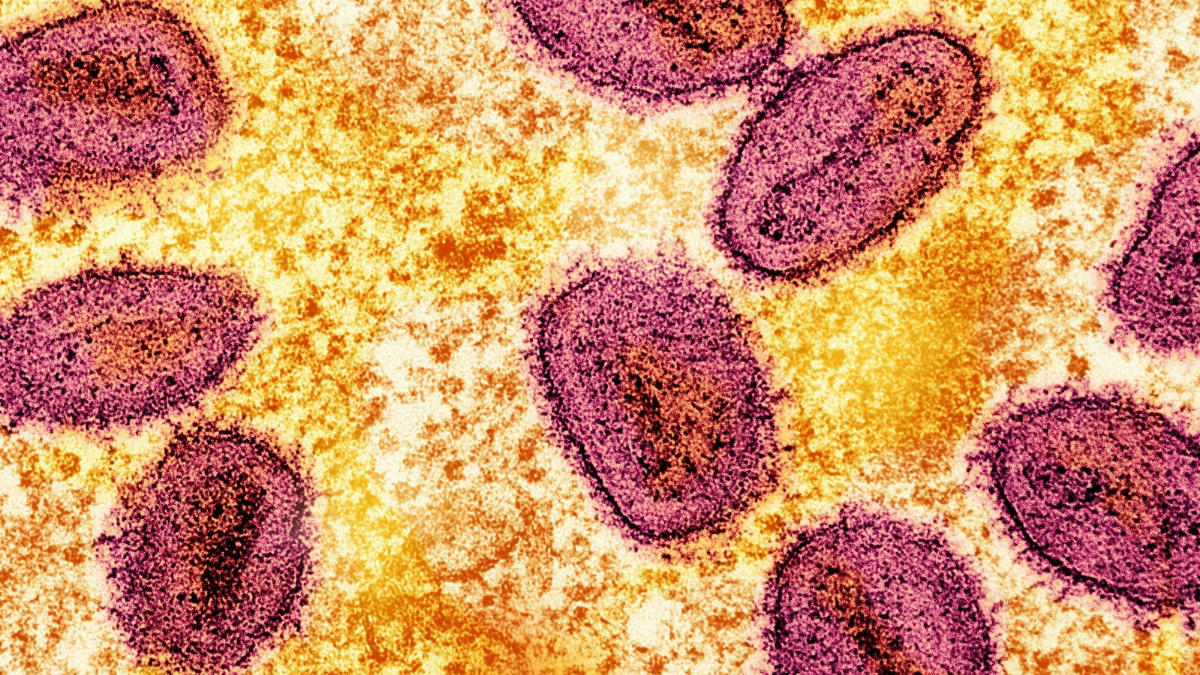The World Health Organization announced a significant upheaval in November 2022 related to the nomenclature of monkeypox, a viral disease that drew the world’s attention in the very same year due to an outbreak. Introducing a new name, “mpox,” it would now be referred to as a preferred synonym for monkeypox, part of a global move against stigma and discrimination associated with its original name. This paper shall discuss the reasons for change of name, the implications of the new terminology, and the challenges that have still to be overcome regarding the disease.
The rationale for a change in nomenclature
The decision to rename monkeypox to mpox was because of several factors, most of them being concerns of stigma and racism. The name “monkeypox” has been criticized for giving way to negative stereotyping, mostly against the African communities, since the continent is usually associated with the disease because of the historical context in which the virus was first isolated from captive monkeys in 1958, and the first case in humans was isolated in 1970 in the Democratic Republic of Congo.
However, when it became a global outbreak but majorly in men who have sex with other men, experts began to see that the name could indeed sew discriminatory attitudes and behaviors. Reports of attacks on monkeys out of fear and misinformation started trickling in, showing just how well the name could stir up panic and violence against both animals and communities.
It is important to have a name that will not impact negatively on trade, travel, tourism, and animal welfare, and at the same time does offend any cultural, social or ethnic group. Consultations by the WHO with global experts, health authorities, and the public have been sought for inputs on new names, hence it settled for mpox as more appropriate.
The new name implementation
The WHO announced that for a period of one year it would use both “monkeypox” and “mpox”. This approach is intended to prevent confusion at a time when the disease was still spreading, while at the same time updating health records and publications. The term mpox will be included in the International Classification of Diseases, forming part of the official 2023 release of ICD-11—the standard for global health data and clinical documentation.
The dual naming approach acknowledges the historic importance of “monkeypox” while at the same time opening up space for gradual change to the new nomenclature. In this process of transition, WHO clarified that the original name would still be searchable in ICD and thus guarantee access to historic data pertaining to the disease.
Public health implications
The renaming of monkeypox to mpox has sweeping public-health implications. Health officials expect a reduction in stigma from the name of the disease to increase testing and vaccination, as people would not fear discrimination anymore. The outbreak, which saw more than 81,000 cases reported globally, was mostly in men who have sex with other men; there was quite a need for specific public health messaging that is sensitive to the communities involved.
U.S. health officials, among them the Secretary of Health and Human Services, applauded the name change as a “critical step” toward breaking down barriers to public health. Monkeypox was already creating hesitancy in people seeking care, so the new name will help make an affected individual feel in a more inclusive environment.
Ongoing challenges and future considerations
While the alteration of this disease’s name to mpox is highly commendable, challenges are still expressed regarding perception by the greater public about the disease. In that respect, the WHO and health organizations should never give up on the fight against misinformation and biases and go ahead to communicate how mpox is spread and its symptoms. Mpox is a disease that is transferred through close personal contact; thus, understanding this holds the key to effective prevention and control measures.
Moreover, this global body for the nomenclature of viruses-that is, the International Committee on Taxonomy of Viruses, or ICTV-has not as yet effectuated a change in the name of the monkeypox virus. This disparity itself can breed further confusion and underlines the point of how such coordinated efforts are required at different health organizations to pull off consistency in terminologies.


